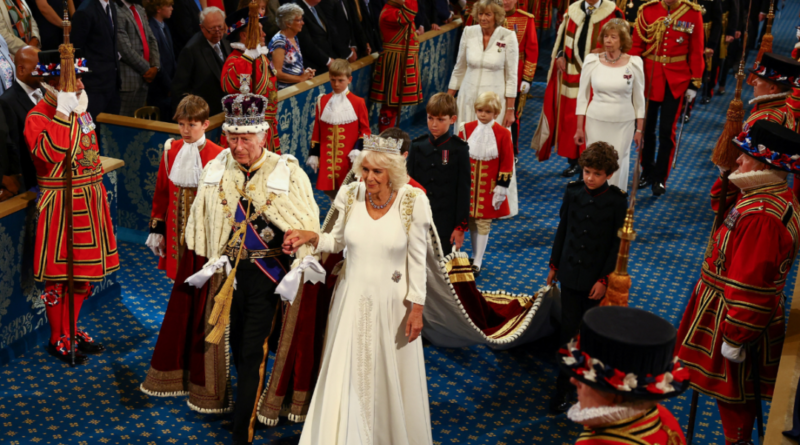King’s Speech confirms the end of Hereditary Peers
Labour’s commitment to lowering the voting age to 16 was not mentioned, but the Commons leader expressed hope that the plans would be implemented by the next election.
Hereditary peers will no longer have the privilege to sit and vote in the House of Lords, according to the proposals unveiled in the King’s Speech on Wednesday.
In his speech to Parliament, King Charles III stated, “Measures will be introduced to modernize the constitution, including House of Lords reform to eliminate the right of hereditary peers to sit and vote in the Lords.”
“No other modern comparable democracies allow individuals to sit and vote in their legislature based on birthright,” the note emphasized, denouncing the current state as “outdated and indefensible.”
The bill aims to finalize the process initiated by the House of Lords Act 1999, which initially retained 92 hereditary peers under interim arrangements. The lack of consensus on comprehensive reforms over the past 25 years meant these hereditary peers remained in the House unintentionally.
Abolishing the Lords
The House of Lords presently consists of hereditary peers and life peers, or individuals appointed to the upper house by the prime minister and serving for life, unable to pass on their title to their descendants.
The removal of hereditary peers reflects Labour’s pledge in the manifesto to immediately modernize the system.
The party aimed to replace the House of Lords “with an alternative second chamber that is more representative of the regions and nations.”
One of the unfulfilled reforms in this session includes a proposal for a mandatory retirement age of 80 for peers.
No Votes for Under-18s
Not included in the King’s Speech was a bill to fulfill another significant proposed constitutional reform by Labour: lowering the voting age to 16.
The manifesto highlighted that a Labour government would “enhance the involvement of young people” in the democratic process by granting 16- and 17-year-olds “the right to vote in all elections.”
House of Commons leader Lucy Powell mentioned that although the plans were omitted in this session of Parliament—which typically lasts around a year—there are also “several major bills that didn’t make it into this” speech.
“That’s the goal,” she affirmed.
Modernize the Commons
King Charles also hinted at changes forthcoming in the House of Commons, confirming the government’s intention to propose a modernization committee for the lower chamber, aligning with another pledge in the Labour Party manifesto.
The king indicated that this modernization committee “will be responsible for enhancing standards, improving work practices, and reforming procedures.”

The party had also committed to support an immediate ban on MPs engaging in paid advisory or consultancy roles, noting that “the absence of rules on second jobs means some constituents end up with MPs who spend more time on their second job or lobbying for external interests than representing them.”
“We will assign the Modernization Committee to urgently address the restrictions needed to prevent MPs from taking up roles that hinder their service to constituents and the country,” as stated in the manifesto.





